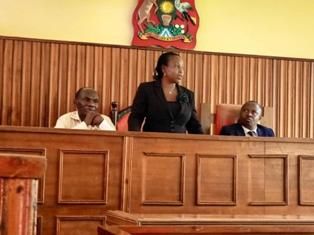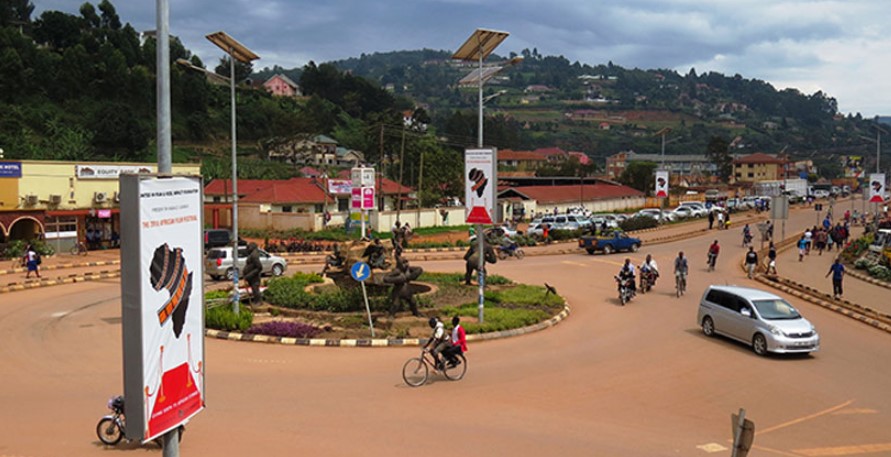The proposed income bill by Parliament aims to raise the tax on kerosene from 200sh to 500sh, effective 1st July 2024. This was revealed by the parliamentary committee chairman on Finance during a meeting with leaders from Kacita and the private sector foundation.
In their petition to parliament, Magufuri wasn’t satisfied with Honorable Nandala Mafabi’s justification for the use of kerosene, which is mixed with diesel fuel. “Why transfer the risk from the rich man to the poor voter?” he challenged the legislators not to create problems for voters but rather to focus on legislation. When he asked for the reason for the increase, Honorable Mafabi told him it was to discourage the adulteration of diesel fuel by unscrupulous fuel dealers.
Honorable Kateshubwa admired Magufuri’s analytical presentation and wondered why Ntungamo municipality didn’t send him to Kampala. This led Honorable MP Sewugu Joseph and Mafabi to express that they would ensure Magufuri joins an opposition party.
While addressing the press after his presentation to the committee, Magufuri wondered why the executive couldn’t crack down on criminals who adulterate fuel, instead of targeting the voters who are poor. “How can the poor be taxed for the rich to be left free?” Magufuri wondered. He further questioned whether this was a ploy to recover PDM money from the peasants since they had been given 1 million shillings. He wanted to know if legislation aimed to raise money from peasants to make the rich richer and keep the poor poorer.
Magufuri asserts that no nation prospers by overtaxing its citizens but rather by enabling them to engage in production. He states that the economy is stressed and the country is now being handed over to foreigners. These foreigners bring tax-free money into the country, invest it, make profits, and repatriate it to their countries of origin. For example, MTN, a telecom company from South Africa, had a revenue of 1.9 trillion Ugandan shillings (USD 518.1 million) in the first three quarters of 2023 alone, with an annual profit of 665 billion shillings, all of which was repatriated to build other economies.
On the other hand, Ugandans borrow from commercial banks at a high interest rate of over 24% per annum. When they try to invest this borrowed money, they only make small profits, which are highly taxed. However, much of these taxes, collected by URA, are lavishly spent by those in power.
Magufuri questions whether foreigners are now in charge of Uganda.
Magufuri calls on the government to learn from Ethiopia, where forex money is controlled to flow in and out of the country by both local and foreign investors, which has helped shape the country’s economic landscape




















